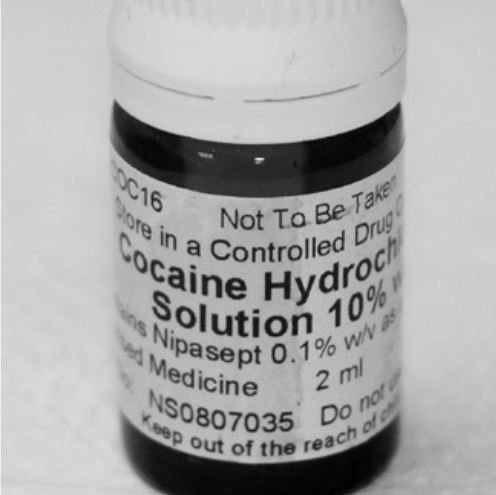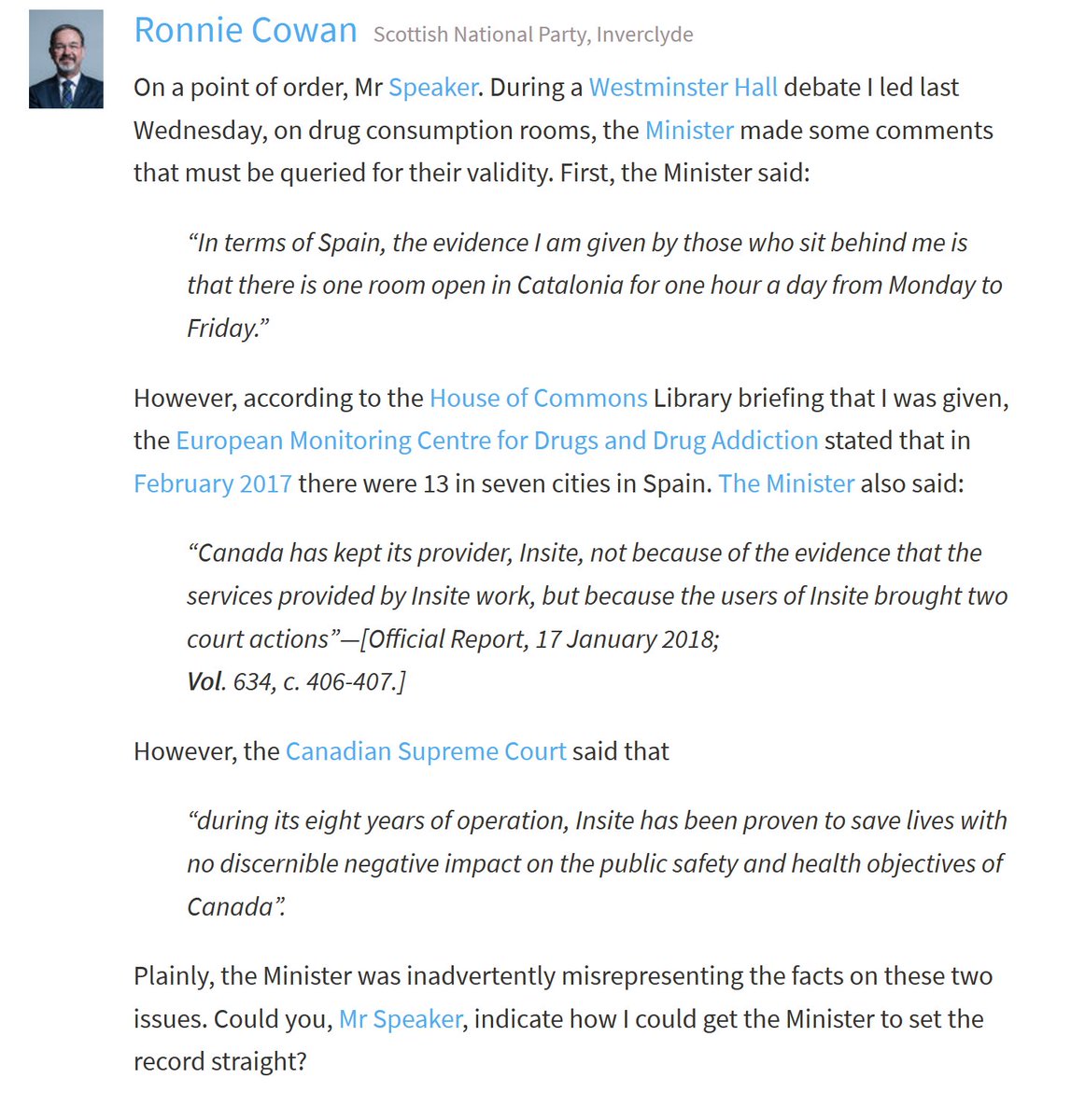1. How do we determine the optimal drug policy model given how our policy choices impact on such a wide range of outcomes?
Simple answer: ITS COMPLICATED
So a group of experts including @olerogeberg @ProfDavidNutt & @FMeasham tried & figure out a rational new approach
"A new approach to formulating & appraising drug policy: A multi-criterion decision analysis applied to alcohol & cannabis regulation"
ijdp.org/article/S0955-…
open access
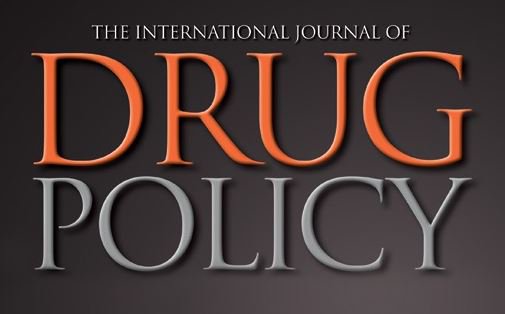
Firstly, drug policy evaluations - esp for illegal drugs - has historically been poor; emphasising process measures like arrests/seizures, and in terms of outcomes, being preoccupied with prevalence of use, above all else
- Police > crime reduction
- Treasury > effective expenditure and tax revenue
- Public health > reduced dependence & mortality
- Parent groups > child safety
- Politicians > +ve Daily Mail coverage etc
e.g. raise tobacco taxes/prices and tax revenues may increase and use will fall, but smuggling and tax avoidance will rise.
How to get the balance right, and who decides?
ias.org.uk/uploads/pdf/Ne…
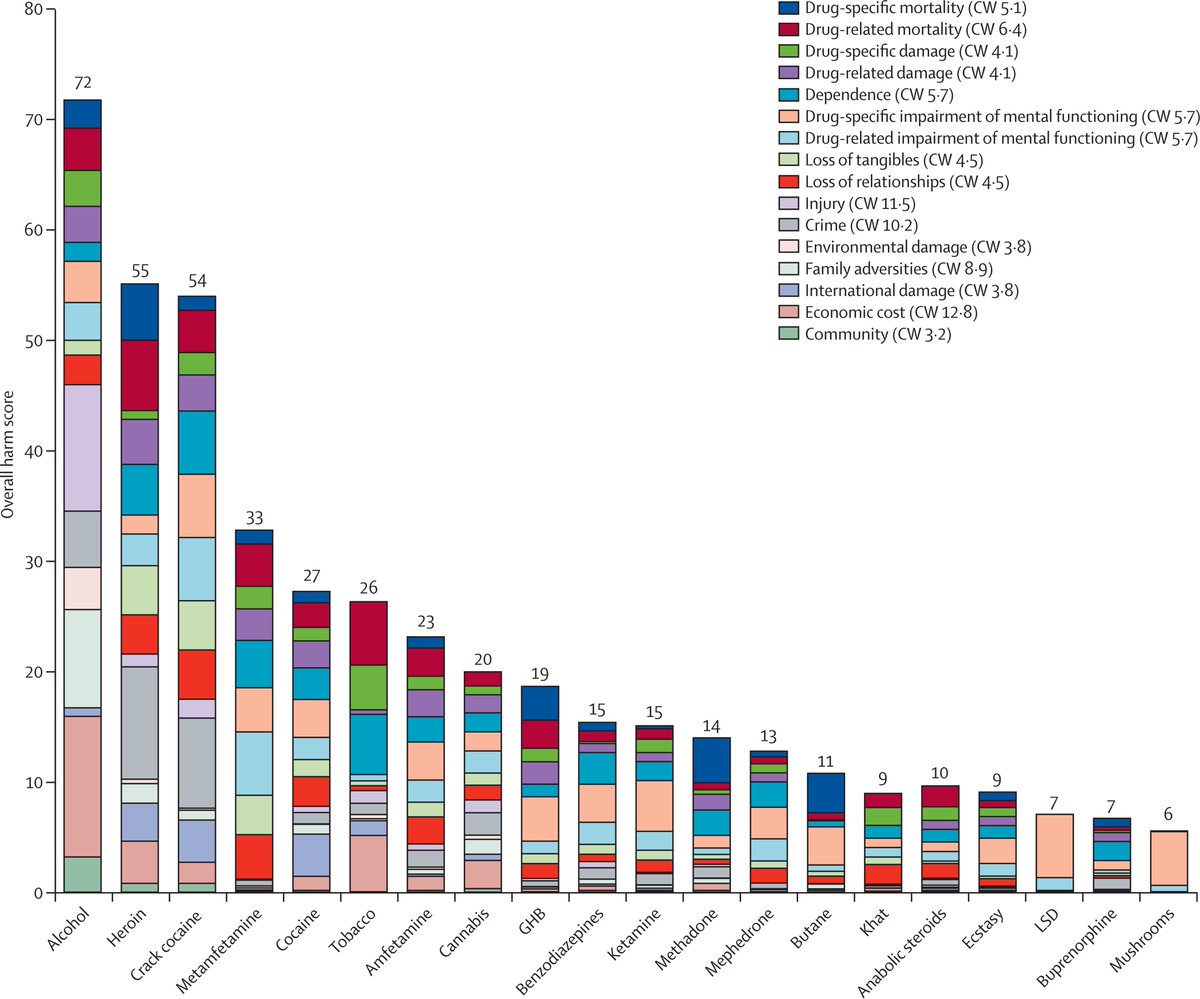
Illustrating the point with the example of heroin:
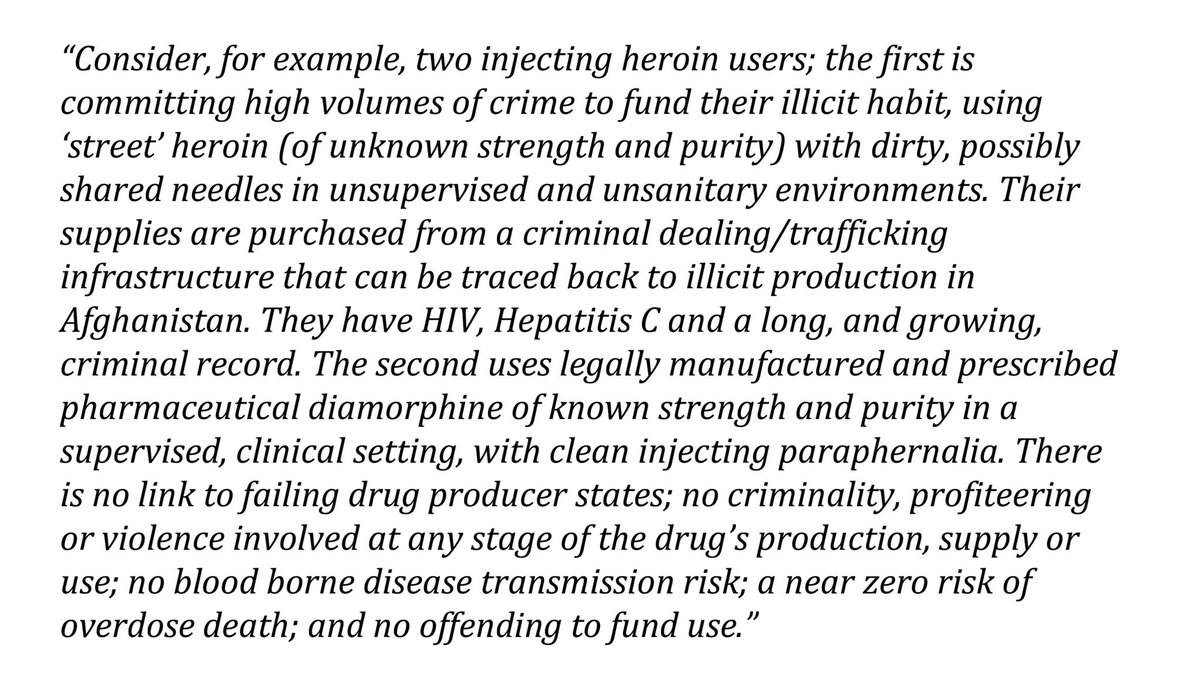
- Prohibition (fullscale 'war on drugs')
- Decriminalisation of use (e.g. Portugal)
- Legal market under strict state control
- Legal 'free market'
talking of which...
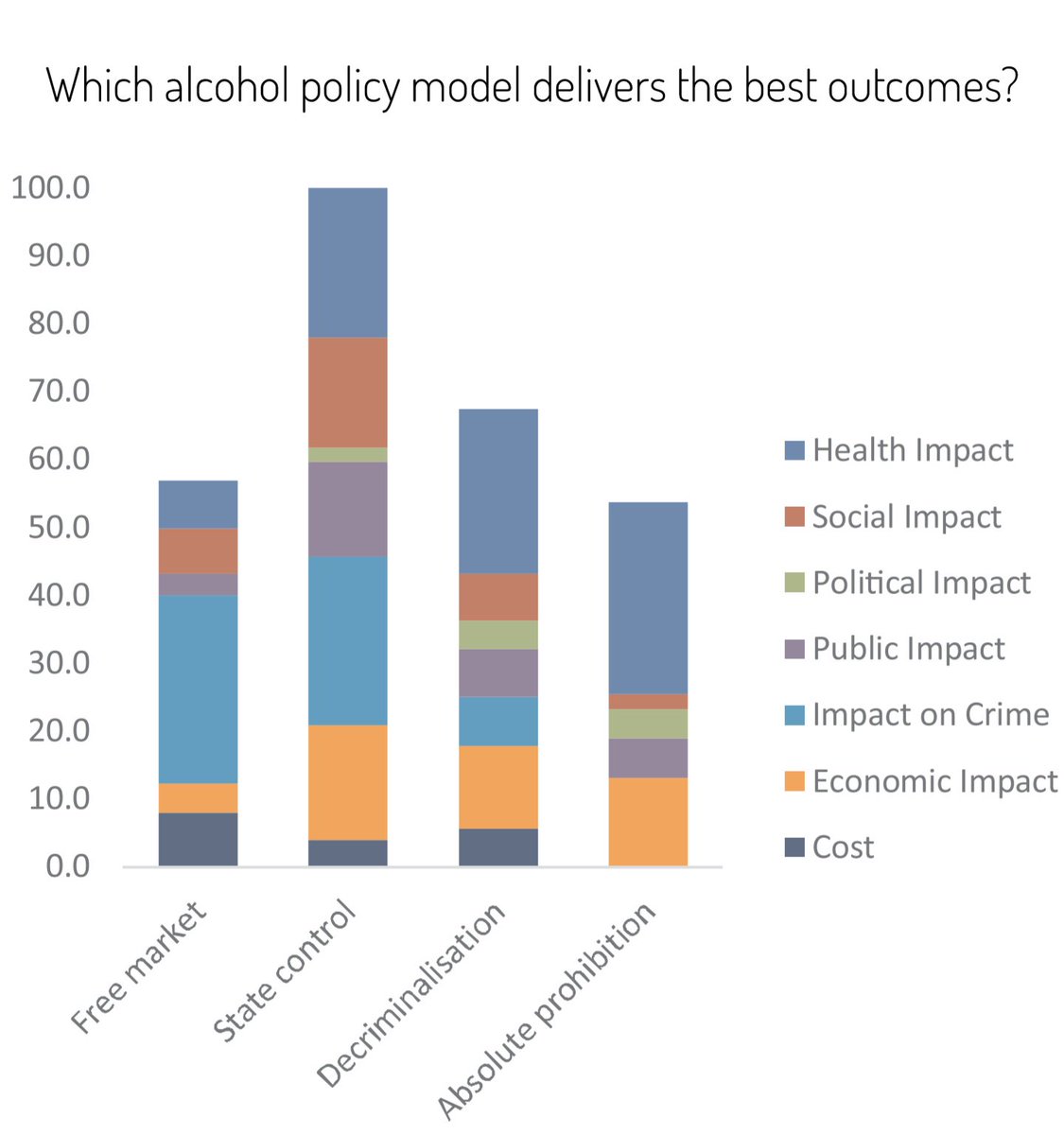
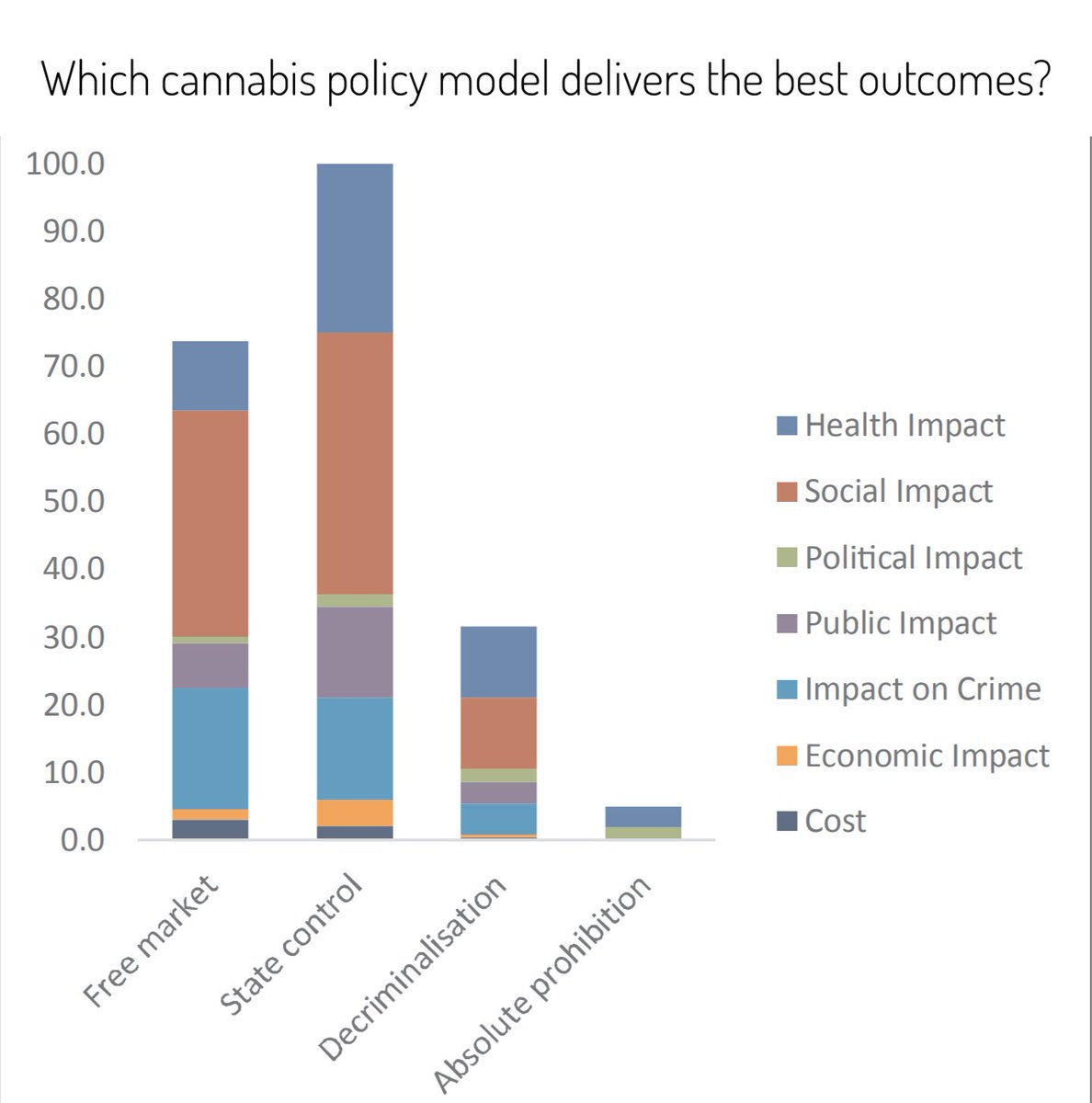
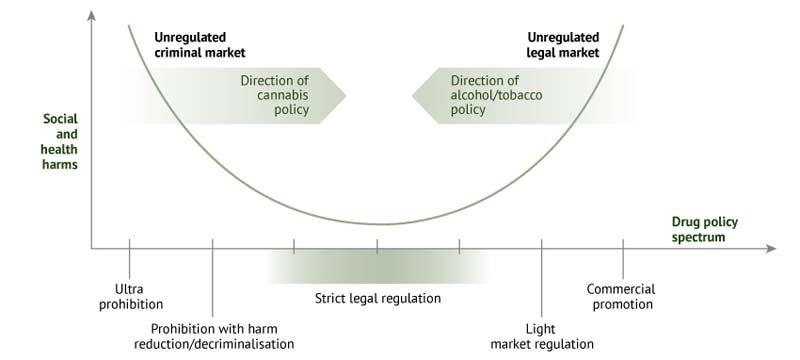
And as its a way back down the thread - here's the link to the paper again (READ IT) Cheers.
ijdp.org/article/S0955-…
They are are also not responsible for the typos (gimme a break - I did this on my phone!)
:-)
ENDS/

